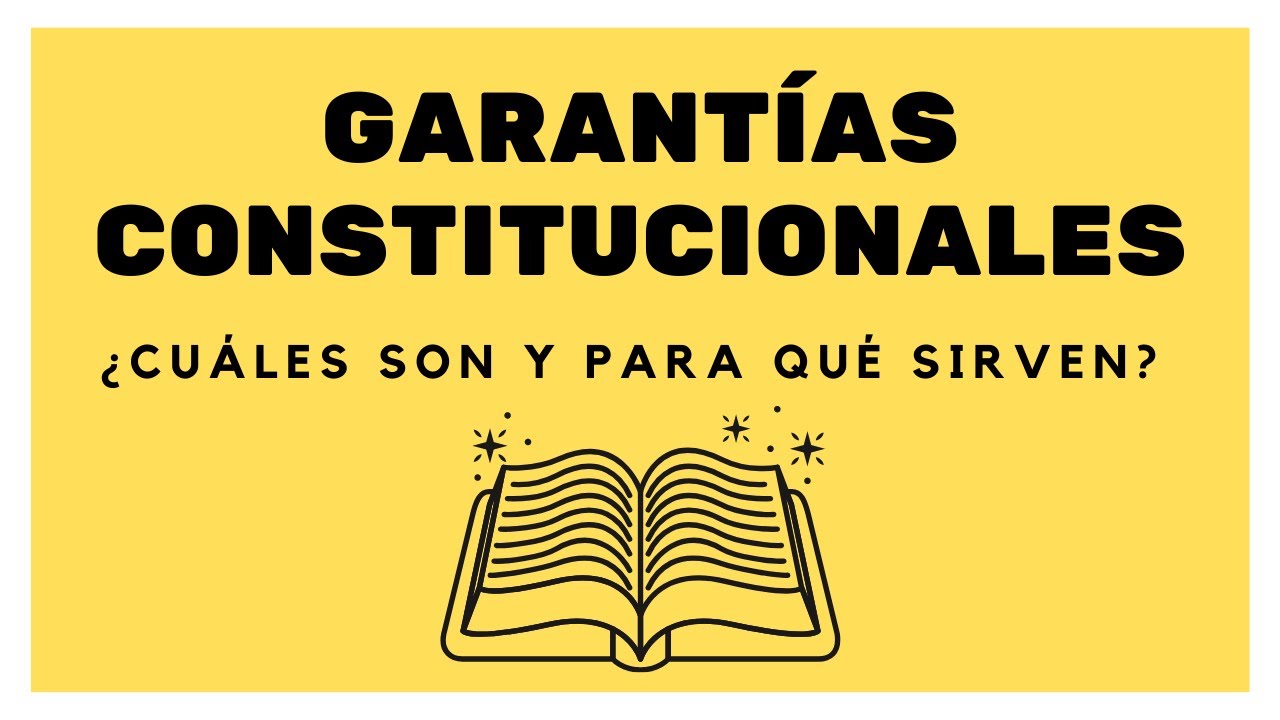Die wichtigsten Fakten über das Bundesverfassungsgericht
Summary
TLDRThe Federal Constitutional Court (Bundesverfassungsgericht) in Karlsruhe safeguards the German Constitution, allowing citizens to challenge state actions that infringe upon their fundamental rights. Comprised of 16 judges, appointed by both the Bundestag and Bundesrat, it ensures judicial independence and checks on governmental powers. The court processes around 6,000 cases annually, with a collaborative decision-making approach. Each ruling binds all state authority, highlighting its pivotal role in maintaining the rule of law in Germany. Through rigorous deliberations and thorough analysis, it reinforces the principles enshrined in the Constitution.
Takeaways
- 🏛️ The Federal Constitutional Court (Bundesverfassungsgericht) is located in Karlsruhe and plays a crucial role in upholding the Basic Law (Grundgesetz) of Germany.
- 🛡️ It serves as both a citizen's court and a state court, allowing individuals to file complaints if their constitutional rights are violated.
- ⚖️ The court oversees the compliance of all state organs with the Basic Law, ensuring the rule of law in the federal structure.
- 👥 Composed of 16 judges, the court operates in two equal chambers to review and decide on cases.
- 🏗️ Judges are selected by the Bundestag and Bundesrat, emphasizing a need for broad consensus to enhance legitimacy.
- 🔒 Each judge serves a non-renewable term of 12 years, which strengthens their independence from political pressures.
- 📊 The court handles around 6,000 cases annually, reflecting its significant role in the German judicial system.
- 📜 The decision-making process is rigorous, involving thorough preparation of legal documents, often extensive in length.
- 🤝 The court's deliberations include detailed discussions on judgments, emphasizing consensus-building among judges.
- 📅 The announcement of a ruling can take up to two years, highlighting the complexity and importance of the court's work.
Q & A
What is the primary role of the Bundesverfassungsgericht?
-The primary role of the Bundesverfassungsgericht is to uphold the German Constitution (Grundgesetz), ensuring that all state organs comply with its principles and protecting the fundamental rights of citizens.
How many judges are on the Bundesverfassungsgericht, and how are they appointed?
-The Bundesverfassungsgericht has 16 judges, who are appointed by both the Bundestag and Bundesrat to ensure a balanced representation and prevent any single party from having too much influence.
What types of cases does the Bundesverfassungsgericht primarily handle?
-The court primarily handles constitutional complaints filed by citizens, disputes over the rights of members of parliament, political parties, and federal states, as well as reviewing the constitutionality of laws.
What is a constitutional complaint, and who can file one?
-A constitutional complaint is a legal action taken by citizens who believe that their fundamental rights have been violated by the state. Any citizen can file such a complaint with the Bundesverfassungsgericht.
What is the significance of the judges' independence in the Bundesverfassungsgericht?
-Judges are elected for a 12-year term, must be at least 40 years old, and hold two legal state examinations, which strengthens their independence and allows them to make impartial decisions based on the law rather than political pressures.
How does the court ensure thoroughness in its decision-making process?
-The court reviews extensive documentation and legal opinions before discussions. Cases are often presented with comprehensive reports that can be hundreds of pages long, ensuring all legal issues are thoroughly examined.
What happens if the Bundesverfassungsgericht finds a law unconstitutional?
-If the court determines that a law is unconstitutional, it has the authority to annul that law, thereby preventing its enforcement and maintaining the integrity of the Constitution.
How many cases does the Bundesverfassungsgericht decide each year?
-The Bundesverfassungsgericht decides approximately 6,000 cases each year.
What is the process of deliberation within the Bundesverfassungsgericht?
-The deliberation process includes discussions among judges, often requiring a clear majority for decisions, and involves a thorough review of legal texts and previous decisions to ensure consistency and depth in ruling.
What does it mean that the court is a 'Zwillingsgericht'?
-'Zwillingsgericht' means 'twin court,' indicating that the Bundesverfassungsgericht operates with two equal chambers, each reviewing cases and making decisions collaboratively to enhance fairness and comprehensive judicial oversight.
Outlines

This section is available to paid users only. Please upgrade to access this part.
Upgrade NowMindmap

This section is available to paid users only. Please upgrade to access this part.
Upgrade NowKeywords

This section is available to paid users only. Please upgrade to access this part.
Upgrade NowHighlights

This section is available to paid users only. Please upgrade to access this part.
Upgrade NowTranscripts

This section is available to paid users only. Please upgrade to access this part.
Upgrade NowBrowse More Related Video

Garantías Constitucionales: ¿Qué son y para qué sirven? (PERÚ)

So findet das Bundesverfassungsgericht seine Entscheidungen

WNI yang bisa melakukan JUDICIAL REVIEW

Kewenangan Mahkamah Konstitusi RI

Germany: political system

what is constitution? it's meaning, definitions. #law_with_twins #vlog_with_twins #constitution
5.0 / 5 (0 votes)